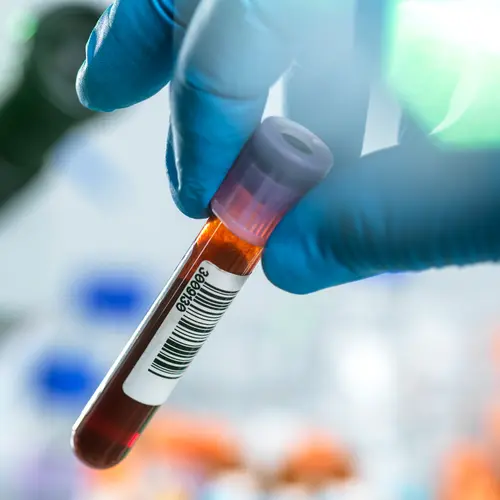When you’ve been diagnosed with genital herpes, the best way to help yourself is to learn more about the virus and how to manage it.
Genital herpes is a common sexually transmitted disease. You get it by having vaginal, oral, or anal sex with someone who already has it.
Symptoms
You might not have any problems at first. Most people that have herpes have no symptoms or else very mild ones. The first outbreak typically happens within a week of being exposed to the virus, but it could take longer.
Symptoms for herpes can come and go. When you do have them, it’s called an outbreak. It may start with tingling, then blisters on or around your genitals, anus, thighs, or buttocks. When the blisters break, they leave sores that take a few weeks to heal. They usually won’t leave any scars.
Your first outbreak is usually the most intense and might seem like the flu. You may have a fever, aches, chills, and feel very tired. You might also feel stinging or burning when you pee. This outbreak usually lasts 2 to 4 weeks.
After the first outbreak, the others are often shorter and less painful. They may start with burning, itching, or tingling where you had the first outbreak. Then, a few hours later, you’ll see the sores. They usually go away in 3 to 7 days.
There’s no way to tell how many outbreaks you’ll have. It’s different for each person, but you probably will have the most in the first year.
Can It Be Cured?
No, but you can manage it. Your doctor may give you one of these medicines to prevent outbreaks, or at least shorten them:
Can I Prevent Outbreaks?
Doctors don’t know what triggers outbreaks, so there’s no sure way to prevent them. Here are some things you can do that might help:
How Can I Protect My Sex Partners?
You can take steps to protect others from herpes. Keep in mind that you can spread it even when you don’t have symptoms.
Avoid sex during outbreaks: You’re more likely to give your partner herpes while you have an outbreak. Avoid sexual contact from the time you notice the first signs, such as tingling or pain, until the scabs fall off and your skin is back to normal.
Try not to touch your sores: If you do, wash your hands right away. A good cleaning may stop the spread to another part of your body or to your partner.
Use condoms: They won’t totally protect your partner, but they can lower the chances of spreading the virus.
Talk to your doctor: They might prescribe a drug to make it less likely you’ll give herpes to someone else. As with condoms, the medicine won’t 100% protect your partner.
How Do I Talk to My Sex Partners?
Telling them about your condition can be hard. Take some time to learn what you can and understand your own feelings first. You may be more at ease to talk openly.
Some people you tell might not think it’s such a big deal. Others will have strong feelings about it.
You can’t control how anyone else reacts. All you can do is share what you know, answer questions, and give them time to think about it.
I’m Pregnant. What Do I Need to Know?
To get the best care, tell your doctor you have genital herpes, because it could make you more likely to have a miscarriage or give birth too soon.
It’s possible to pass along the virus to your baby. For infants, it can be life-threatening. Your doctor can talk to you about how to lower the chances that this will happen.
If you have an outbreak while you’re pregnant, your doctor can give you medicine to treat your symptoms and stop them sooner.
Your doctor may give you a drug to prevent an outbreak as your due date gets closer. This is because your baby could get herpes by passing through your birth canal if you’re having an outbreak when you go into labor. If that’s a possibility, your doctor will most likely want to do a C-section, which is surgery to deliver the baby.
What If I Don’t Get Treated?
Your herpes could get worse without treatment. To manage the condition and feel your best, you should see your doctor.
